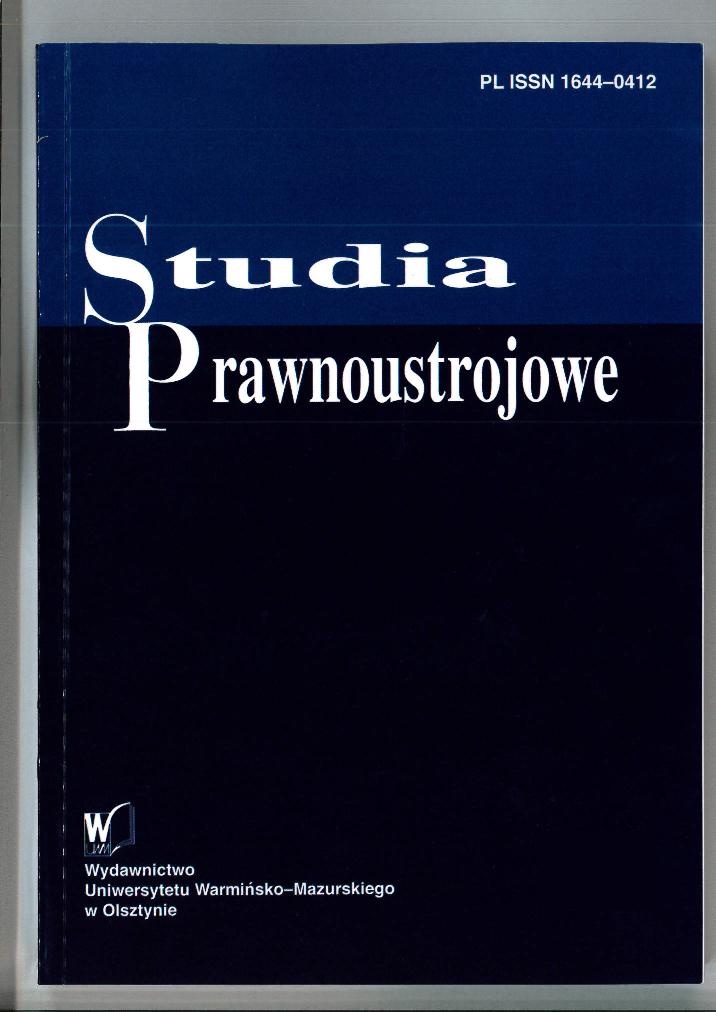Glosa do wyroku Sądu Najwyższego z 17 sierpnia 2022 r., sygn. akt II CSKP 58/2 (glosa częściowo aprobująca). Warunki dopuszczalności cesji roszczeń powstałych z wykonywania zobowiązań o charakterze publicznoprawnym
Commentary on the judgment of the Supreme Court of 17 August 2022, ref. act No. II CSKP 58/2 (partially approving vote). Conditions for the admissibility of assignment of claims arising from the performance of obligations of a public law nature
Author(s): Jakub Jan ZiętySubject(s): Criminal Law, Sociology of Law, Court case
Published by: Wydawnictwo Uniwersytetu Warmińsko-Mazurskiego w Olsztynie
Keywords: economic law; commercial law; civil law; subsidies; assignment of receivables; educational subsidy; public law debt;
Summary/Abstract: The subject of the gloss is an analysis of the judgment of the Supreme Court issued in the case of an action for compensation of the difference between the subsidy due and the amount that was paid to the subsidized entity. The purpose of this gloss is to present the positions of the judicature regarding the legal nature of the subsidy and its impact on the legal nature of the claim for compensation or compensation. Based on the established legal nature of the claim, it was possible to formulate a conclusion on the admissibility or non-admissibility of the assignment of the claim by way of a civil law contract or to indicate the possible conditions under which this may take place. In the ruling, the Supreme Court analysed the legal nature of the claim, finding that it depended on the content of the claim formulated by the claimant. Doctrine and case law indicate that there is a difference between the nature of a claim for payment of the unreceived part of the subsidy and the claim for payment of the amount corresponding to the unreceived part of the subsidy. The former is a public-law claim, while the latter is a civil-law (damages) claim. Each of these two positions entails different consequences in terms of the admissibility of the assignment of the claim. Assuming that, in principle, the assignment is of a civil law nature, it is admissible. The Supreme Court, seeing the above principle, also notices its limitations indicated in Article 509 of the Civil Code. In particular, the nature of the basic relationship may have an impact on the admissibility of an assignment under that provision.
Journal: Studia Prawnoustrojowe
- Issue Year: 2024
- Issue No: 64
- Page Range: 417-431
- Page Count: 15
- Language: Polish

